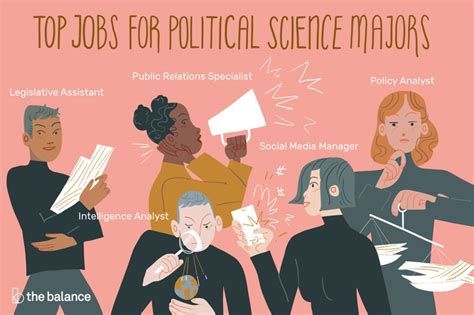Political science is a captivating field that explores the intricacies of power, governance, and public policy. Aspiring individuals eager to delve into this fascinating realm can find a wealth of exceptional political science programs at esteemed universities worldwide.

Top-Ranked Political Science Universities
To guide your pursuit of academic excellence, here’s a compilation of the best political science programs according to prestigious rankings:
| Rank | University | Location |
|---|---|---|
| 1 | Princeton University | Princeton, NJ, USA |
| 2 | Harvard University | Cambridge, MA, USA |
| 3 | Massachusetts Institute of Technology (MIT) | Cambridge, MA, USA |
| 4 | Stanford University | Stanford, CA, USA |
| 5 | Yale University | New Haven, CT, USA |
Key Factors to Consider
Selecting the right political science program entails careful consideration of several factors:
- Faculty Reputation: Renowned faculty with extensive research experience enhance academic credibility and provide invaluable mentorship.
- Curriculum and Coursework: A comprehensive curriculum covering core concepts and specialized areas allows students to tailor their studies to their interests.
- Research Opportunities: Access to research institutes, labs, and funding fosters intellectual growth and prepares students for scholarly pursuits.
- Internships and Career Services: Practical experience through internships and career guidance empowers students to enter the workforce confidently.
- Location and Campus Life: The university’s location, campus environment, and student body contribute to a fulfilling academic and social experience.
International Perspectives
Beyond the United States, numerous universities offer world-class political science programs, including:
- University of Oxford (United Kingdom)
- University of Cambridge (United Kingdom)
- London School of Economics and Political Science (United Kingdom)
- Peking University (China)
- National University of Singapore (Singapore)
Emerging Trends in Political Science
The field of political science is constantly evolving, with cutting-edge research and innovative approaches emerging. Some notable trends include:
- Computational Political Science: Leveraging technology to analyze data and simulate political processes.
- Experimental Political Science: Utilizing controlled experiments to test political theories.
- Neuropolitics: Exploring the role of brain activity and emotions in political behavior.
- Comparative Politics: Studying political systems and institutions across different countries and regions.
Career Paths for Political Science Graduates
Graduates with a political science degree possess versatile skills that empower them to pursue a wide range of careers in the public and private sectors:
- Government and Policy Analysis
- International Relations and Diplomacy
- Law and Public Policy
- Journalism and Media
- Non-Profit and Advocacy
FAQs
1. What is the difference between political science and public policy?
Political science is a broader field that examines the theoretical and historical aspects of politics, while public policy focuses specifically on the design and implementation of government programs.
2. Does political science prepare students for politics?
While a political science degree provides a strong foundation for political engagement, it does not guarantee direct entry into elected office or specific political positions.
3. What are the benefits of studying political science?
Political science develops critical thinking, analytical, and communication skills, which are essential for diverse career paths and informed citizenship.
4. Can political science prepare students for law school?
Yes, a political science degree can provide a valuable foundation for legal studies, as it fosters strong reasoning and analytical abilities.
5. What are some emerging career paths in political science?
Data analytics, political consulting, and government relations are emerging fields that offer exciting career opportunities for political science graduates.
6. How can I maximize my political science education?
Engage with faculty, participate in research projects, seek internships, and read widely to enhance your understanding and expand your network.
7. What is the future of political science research?
The future of political science research lies in interdisciplinary collaboration, data-driven analysis, and the application of computational methods to solve complex societal challenges.
8. How can I contribute to the field of political science?
Engage in research, publish articles, present at conferences, and participate in debates to advance knowledge and shape political discourse.
